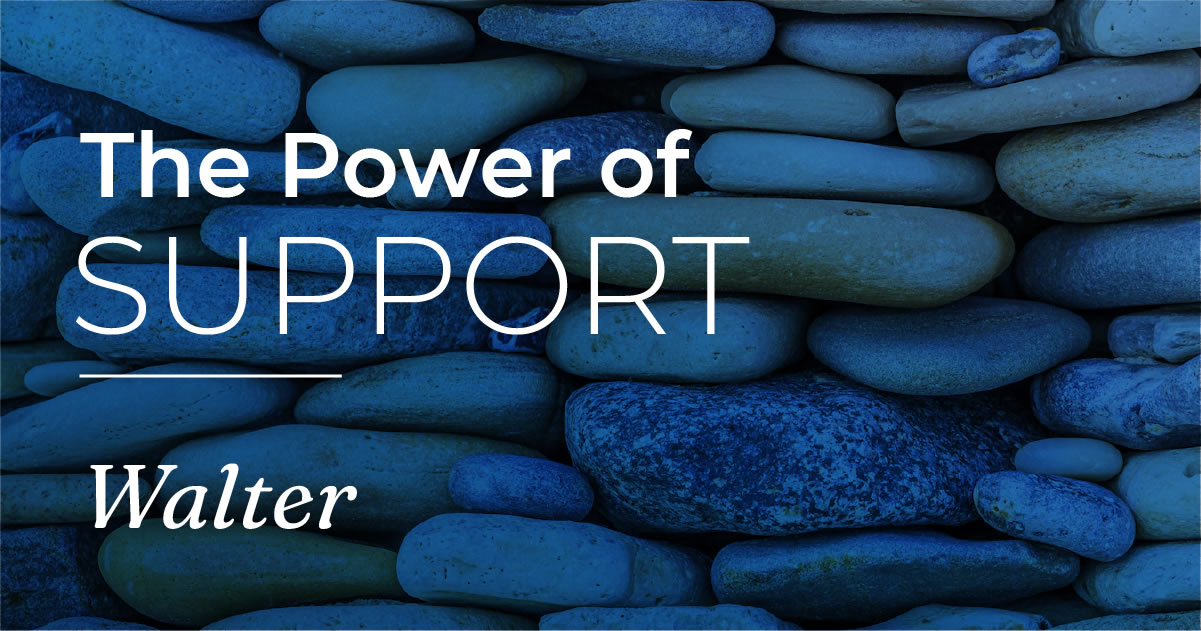10 Stories for 10 Years
The process of aging can trigger doubts about your ability to contribute to society. Looking inward can help remind you of your unique worth and value.
For “Evan,” a 42-year-old Caucasian gay man living in the West, getting older triggered serious thoughts and feelings of suicide. He felt that aging was hindering his ability to perform well, whether at a job or in a romantic relationship, causing unbearable pain tied to a lack of self-esteem and self-value. He deemed himself “worthless to the core.”
Evan was seeing a clinician with whom he could confide. As the intake progressed, he fairly quickly acknowledged: “When I sit here in this office, all I’m thinking about are the different ways to kill myself. That’s the only way I can sleep at night — knowing that I don’t have to wake up in the morning.”
Through the CAMS Assessment®, his clinician uncovered that his suicidality was not new. In large part due to childhood abuse, he had thought about suicide every day for decades, including making a suicide attempt in his 20s — a secret buried deep within himself. His clinician attempted safety planning, but Evan admitted he was unwilling to call for help if he was in crisis. The shame and embarrassment were too much.
It is difficult for clinicians to know whether it is “okay” to continue treatment when a patient is unwilling to fully commit to all aspects of an evidence-based practice. In this case, the clinician attempted to “play out” the CAMS philosophical goals of collaboration and least-restrictive care. Instead of rigidly making this adherence a “make or break” condition of care, she wondered whether he would be willing to directly address the sense of shame that “took the option of calling me off the table.” In this way, she suggested, “you can see I want to be in that shame, in your corner with you. And you will always have the option for connection if wanted.”
Evan appreciated the offer and was willing to step outside his comfort zone vulnerably. Literally and figuratively, the dyad spent time sitting side by side, exactly as the CAMS-care logo depicts. Pausing, breathing, and simply just being. Evan reconciled his shame and embarrassment through incredible grit, resilience, and strength. He became open to calling his clinician if needed, which he proudly did twice. And finally, he began to see his worth and his value and that he was, in fact, loveable, regardless of his age, ability to perform, and past experiences.

